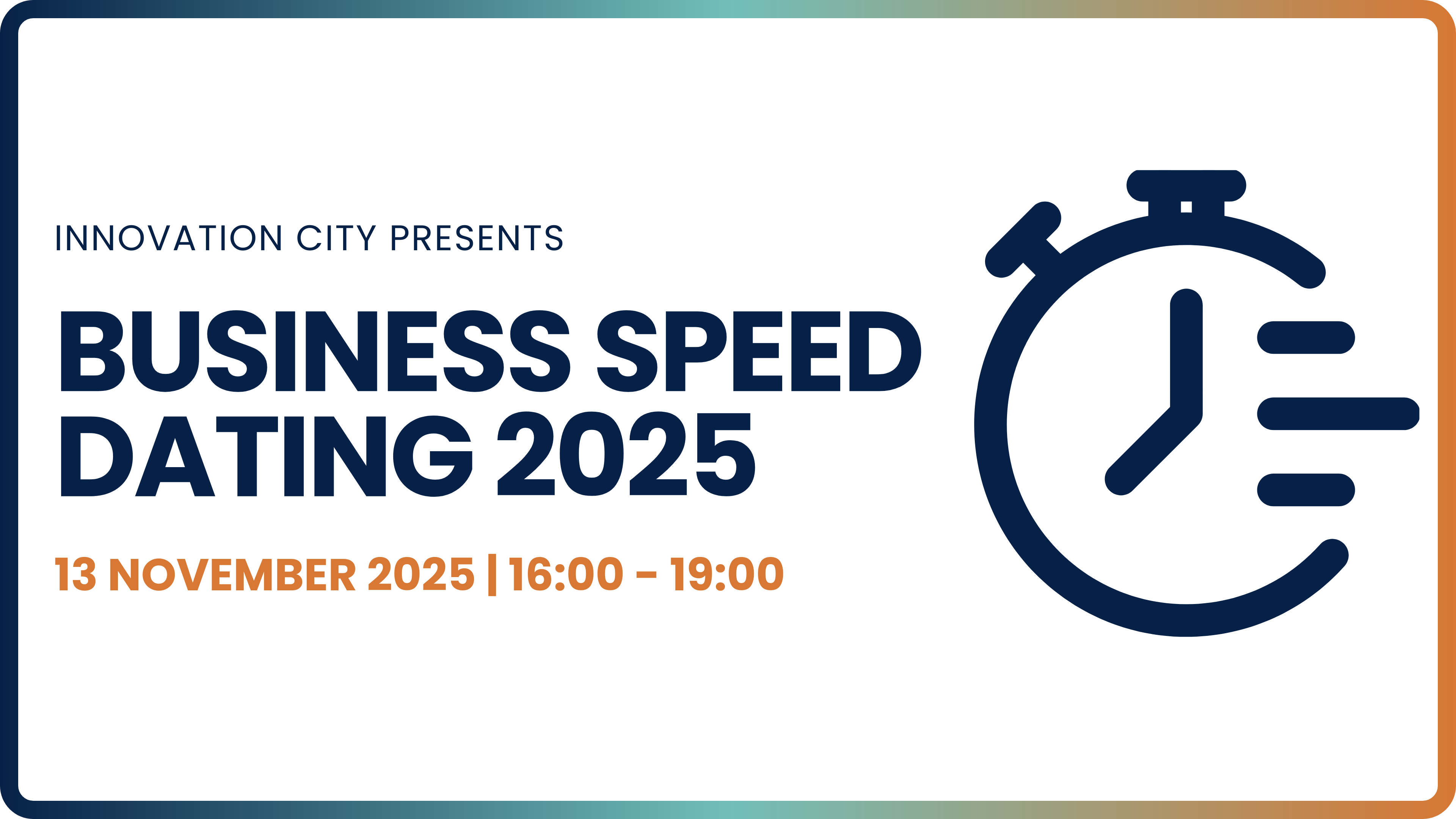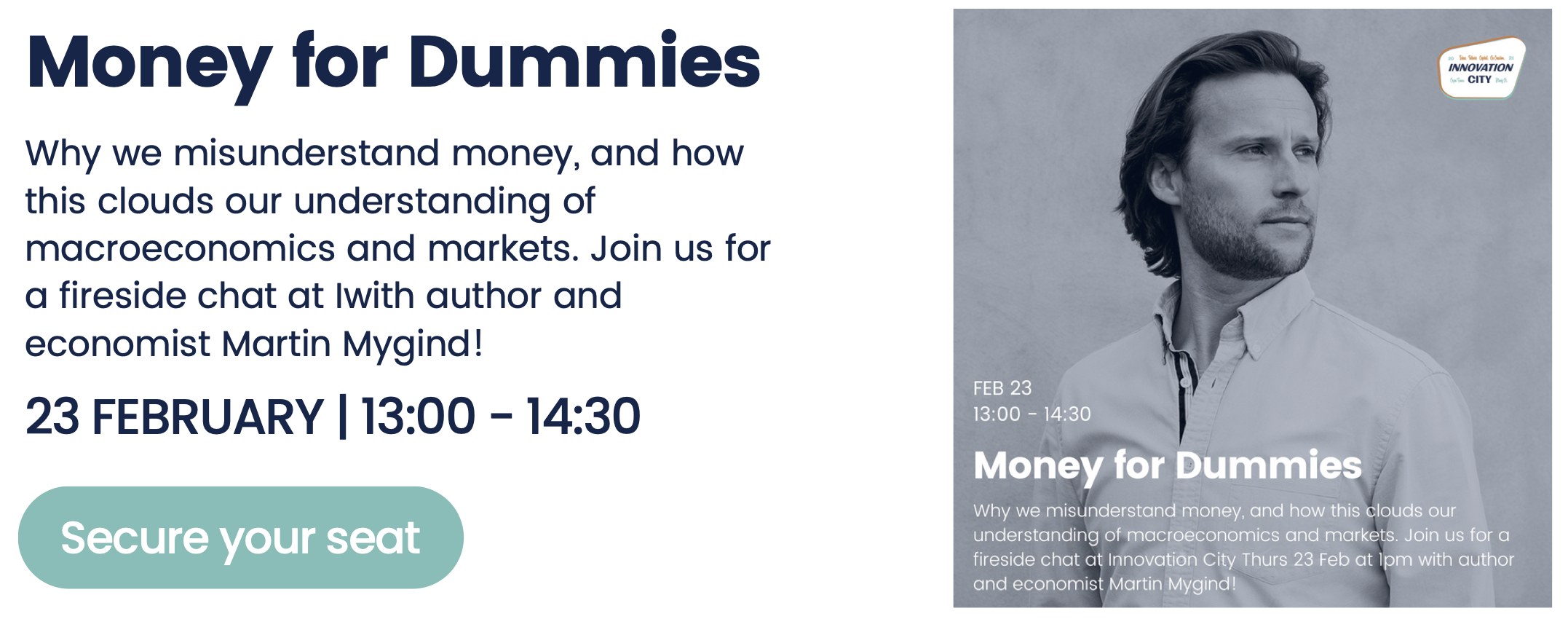
14 Aug Building Million-Dollar Startups: Expert Insights
The recent panel discussion at the Cape Town/Stellenbosch Tech Bridge event brought together a dynamic group of startup founders and venture capitalists to share their experiences and insights on how to build and scale successful companies in Africa. The session, titled “How to Make Millions as a Startup,” was moderated by Innovation City Co-Founder Kieno Kammies and featured panellists Mark Levitt, Patrick Postrehovsky, Jacqueline Kazmaier, Idan Jaan, and Zachariah George. Each shared invaluable lessons learned from their unique journeys in the startup ecosystem.
Mark Levitt (Co-Founder, Trixta):
Mark Levitt emphasised the challenges small businesses face when competing with larger incumbents, particularly in the realm of innovation. Reflecting on his own journey, Levitt highlighted the significance of resilience in the startup world. He recounted his experience with ChessCube, which, despite its initial promise, struggled to find its footing, ultimately leading to its closure. However, the lessons learned proved invaluable in his subsequent venture, Gift, where he successfully secured investment from Google Ventures and Hollywood celebrity Ashton Kutcher!
Levitt also underscored the importance of unconventional strategies, recounting his investment in Flutterwave at a $3 million valuation, which later saw a 1000x return. His takeaway? “It’s never been easy to raise money. The three Fs—friends, fools, and family—are usually the first to invest.” He advised entrepreneurs to be prepared for a long, challenging road ahead but also to seize opportunities when they arise.
Patrick Postrehovsky (Co-Founder, COO, Happy Pay):
Patrick Postrehovsky stressed the importance of building a product that is straightforward and easy for consumers to understand, especially in complex markets like credit.
Postrehovsky’s experience on PayPal’s VC team taught him the value of meticulous preparation. “When your investor asks for a model or pitch deck, have it ready then and there,” he advised, highlighting the critical role that data plays in securing investment. He also reflected on the journey of Happy Pay, which launched its first proof of concept just a few months after its inception and quickly raised $1 million in debt funding. “Having solid data is key,” he concluded.
Jacqueline Kazmaier (Co-Founder, Autoscriber):
Jacqueline Kazmaier shared her journey of founding Autoscriber, a company focused on reducing the administrative burden on doctors through AI-driven decision support tools. Her journey began serendipitously through LinkedIn, where she connected with her co-founder, and quickly recognised the global scale of the problem they were solving—burnout among healthcare professionals.
Kazmaier stressed the importance of understanding the venture capital due diligence process and being thoroughly prepared when approaching investors. “Show a proof of concept before approaching VCs,” she advised. Her experience securing a pre-seed round from a Dutch VC highlighted the different risk appetites between international investors and those in South Africa.
Idan Jaan (Co-Founder & COO, FlexClub):
Idan Jaan, who previously founded a fintech company called Funder, spoke about the importance of resilience and adaptability in the face of rejection. His first startup faced 68 rejections before he decided to bootstrap the company with family loans. Despite the early challenges, the company eventually exited to TymeBank with a R100 million book.
Jaan’s experience informed his approach to FlexClub, where he innovated the car subscription model, offering vehicles within three hours through a prepaid system. He contrasted first-time founders, who tend to be product-obsessed, with second-time founders like himself, who focus on distribution. “Capital raise pre-seed was easy but on the back of war wounds,” he noted, emphasising the importance of learning from past experiences.
Zachariah George (Managing Partner, Launch Africa Ventures):
Zachariah George, a seasoned early-stage investor, offered a deep dive into the mindset and expectations of venture capitalists. He made it clear that VCs are looking for companies with the potential for exponential growth, not just incremental gains. “If you can’t prove that you can get as big as a bank within seven years, you’re not going to get funding,” he asserted, using Flutterwave as an example of a company that met those high expectations.
George also highlighted the disconnect between South Africa’s risk-averse investment culture and the more aggressive approaches seen in countries like Nigeria, Egypt, and Kenya. He predicted that angel investors might play a more prominent role in early-stage funding in South Africa as the venture capital landscape evolves.
On the topic of distribution, George emphasised its critical importance in the African context, where monopolies often dominate. “It’s hard to build a pure B2C business in Africa. Figure out who the key partners are that can help you distribute your product,” he advised. He also noted that while equity funding is often seen as the go-to option, it is not always the most cost-effective. “The cost of equity can be as high as infinity. Don’t raise equity for CapEx until it’s the last resort!”
Kieno Kammies wrapped up the discussion by reiterating the importance of networking and partnerships in scaling a business successfully. He pointed out that “having the right network is fundamental to your success,” a sentiment echoed by all the panellists.
The Cape Town Stellenbosch Tech Bridge panel offered a wealth of insights for anyone looking to build and scale a startup in Africa. The collective wisdom of these experienced founders and investors underscored the importance of resilience, preparation, and strategic partnerships in navigating the complex startup ecosystem.
Article by Sandra Buckingham, Innovation City’s CMO and Resident Business Journalist









